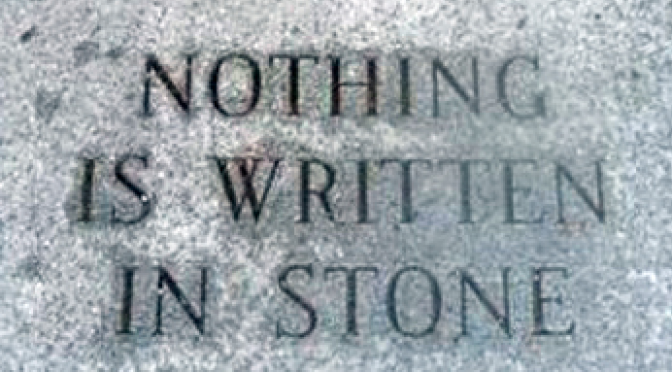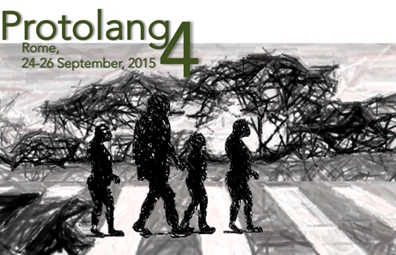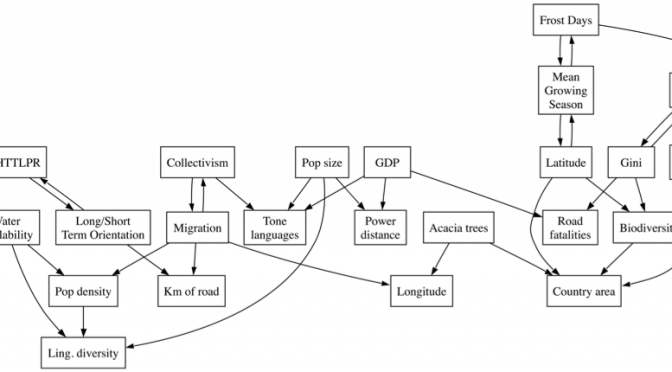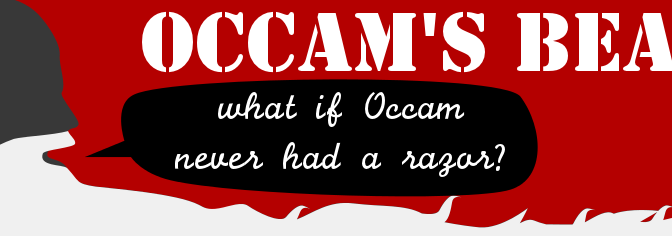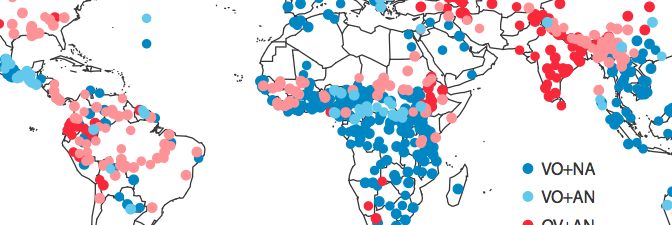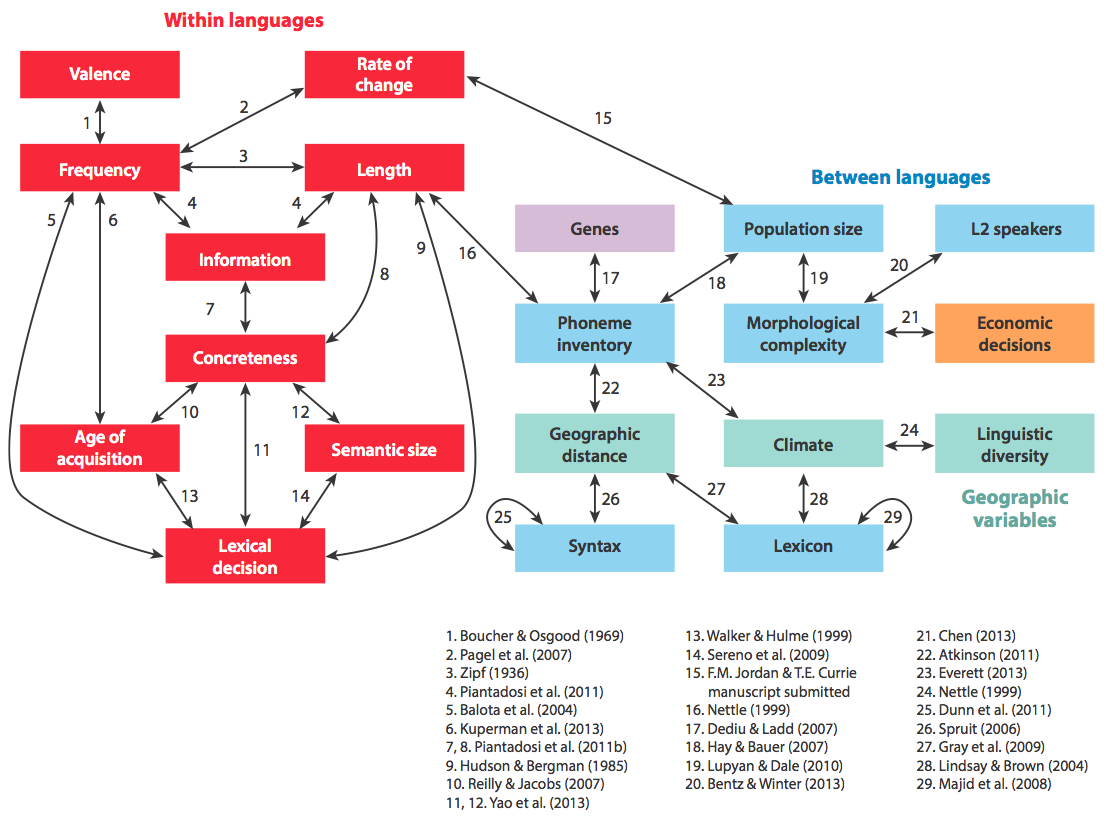The next event in the ways to (proto)language conference series has been announced and is being held in Rome!
Call for Papers below:
24-26 SEPTEMBER 2015
Roma Tre University
SUBMISSION DEADLINE: 1 FEBRUARY 2015
INVITED SPEAKERS:
Michael C. Corballis (University of Auckland)
Dan Dediu (Max Plank Institute for Psycholinguistics)
Francesco D’Errico (University of Bordeaux)
Daniel Dor (Tel Aviv University)
Ian Tattersall (American Museum of Natural History)
Elisabetta Visalberghi (Institute of Cognitive Sciences and Technologies – CNR Rome)
CALL FOR ABSTRACTS:
We call for:
talks
posters
symposia
The list of conference areas includes:
* animal cognition
* animal communication
* anthropology (linguistic, social, cultural)
* cognitive science
* cognitive semiotics
* computational modelling
* general evolutionary theory
* genetics of language
* gesture studies
* linguistics
* neuroscience of language
* paleoanthropology
* philosophy of biology
* philosophy of language
* Pleistocene archaeology
* primatology
* psychology (evolutionary, comparative, developmental)
* speech physiology
SUBMISSION
Talks and posters:
Submissions should be suitable for 30 minutes presentation (20 min for presentation and 10 min for discussion).
Symposia:
Please submit a proposal including: (a) Title of the symposium, (b) name and affiliation of the organizers, (c) a general description of the symposium (400 words), (d) abstract of each contributed talk (100-150 words)
Submissions should be suitable for a two-hour session and include 3 to 5 presentations.
Note: abstracts of talks, posters and symposia must be submitted in .doc (or .docx) or .txt, no PDF format will be accepted.
IMPORTANT DATES
Submission deadline: 1 February 2015
Notifications of acceptance: 20 March 2015
Early registration deadline: 30 June 2015
Conference: 24-26 September 2015
ABOUT PROTOLANG
The Protolang conference series creates an interdisciplinary platform for scholarly discussion on the origins of symbolic communication distinctive of human beings. The thematic focus of Protolang is on delineating the genetic, anatomical, neuro-cognitive, socio-cultural, semiotic, symbolic and ecological requirements for evolving (proto)language. Sign use, tools, cooperative breeding, pointing, vocalisation, intersubjectivity, bodily mimesis, planning and navigation are among many examples of such possible factors through which hominins have gained a degree of specificity that is not found in other forms of animal communication and cognition. We aim at identifying the proximate and ultimate causes as well as the mechanisms by which these requirements evolved; evaluating the methodologies, research tools and simulation techniques; and enabling extended and vigorous exchange of ideas across disciplinary borders.We invite scholars from A(rcheology) to Z(oology), and all disciplines in between, to contribute data, experimental and theoretical research, and look forward to welcoming you at one of our conferences!

